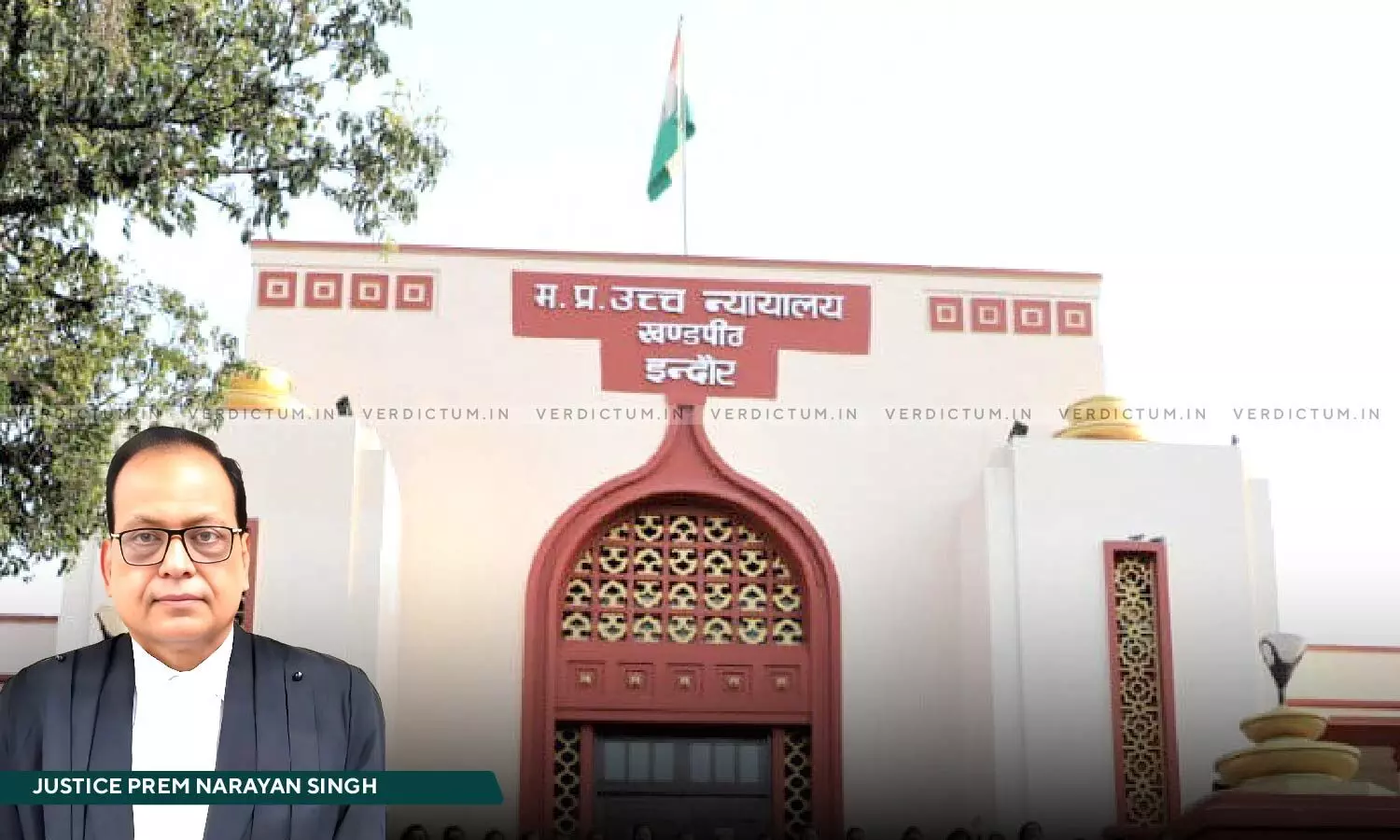
Not Safe To Conclude That Physical Relationship Was Solely Based On Promise Of Marriage: Madhya Pradesh HC Acquits Man In Rape Case
 |
|The Madhya Pradesh High Court acquitted a man convicted of rape due to false promise of marriage, after the Court found that it was "crystal clear" that the physical relations between a couple who met over a matrimonial website were made with consent.
The prosecutrix and the appellant had connected on a matrimonial site and consensually made physical relations. The appellant was convicted under Section 376(2)(n) of the Indian Penal Code, 1860 (IPC) by a trial court after a complaint was lodged against him. The allegation was that the prosecutrix and the appellant had connected on a matrimonial site and established physical relations where “the appellant prevented her from leaving the hotel by expressing his love and promising marriage to her.”
The appellant subsequently started avoiding the prosecutrix and it was later discovered that the appellant was having "sexual dalliances" with another girl, which led to the filing of the complaint.
The Court observed that the prosecutrix, who was a 30-year-old woman with a government job, met with the appellant on her wish. The Court highlighted that there was no sign of forcible relations as the prosecutrix did not raise an alarm or make a complaint to her parents or anyone else before lodging the FIR. Given these circumstances, the court held that "it is not safe to conclude that the prosecutrix has made relations only on the basis of promise of marriage or on account of said misconception."
A Single Bench of Justice Prem Narayan Singh observed, “It is crystal clear that the physical relations between the prosecutrix and appellant were made with consent…since the appellant himself has not specifically declined regarding marriage with prosecutrix, the allegation of false promise can not be established. The prosecutrix is a major lady,..she has not made any complaint to her parents in this regard. Hence, the prosecution case regarding committal of physical relations on misconception has not been evinced beyond all reasonable doubts.”
Advocate Virendra Sharma represented the appellant, while Panel Lawyer Sachin Jaiswal appeared for the respondents.
The Court noted that “the prosecution has furnished some whatsapp chats wherein, casual conversation regarding love and marriage are visible. It is also pertinent to mention here that as to whether the appellant had specifically declined to marry the prosecutrix or not.”
The Court acknowledged the prosecutrix's statements, where it was established that the appellant did not refuse to marry her. The prosecutrix also acknowledged that she had already consummated her marriage while the appellant was still unmarried. Therefore, the court concluded that "it cannot be envisaged that till then the appellant has broken the promise of marriage."
The Court found that the physical relations between the appellant and the prosecutrix were consensual. The prosecutrix, being a consenting adult did not raise any alarm, used her ID card during hotel check-in, and did not complain to her parents. The Court, therefore, held that the prosecution's claim of physical relations based on misconception was not proved beyond a reasonable doubt.
The Court set aside the conviction and acquitted the appellant from the charge under Section 376(2)(n) of I.P.C. The Court ordered that the “appellant is entitled to receive back the fine amount deposited by him from the learned trial Court.”
Accordingly, the High Court allowed the appeal.
Cause Title: Hariom Shrivastava v. The State Of Madhya Pradesh & Anr.